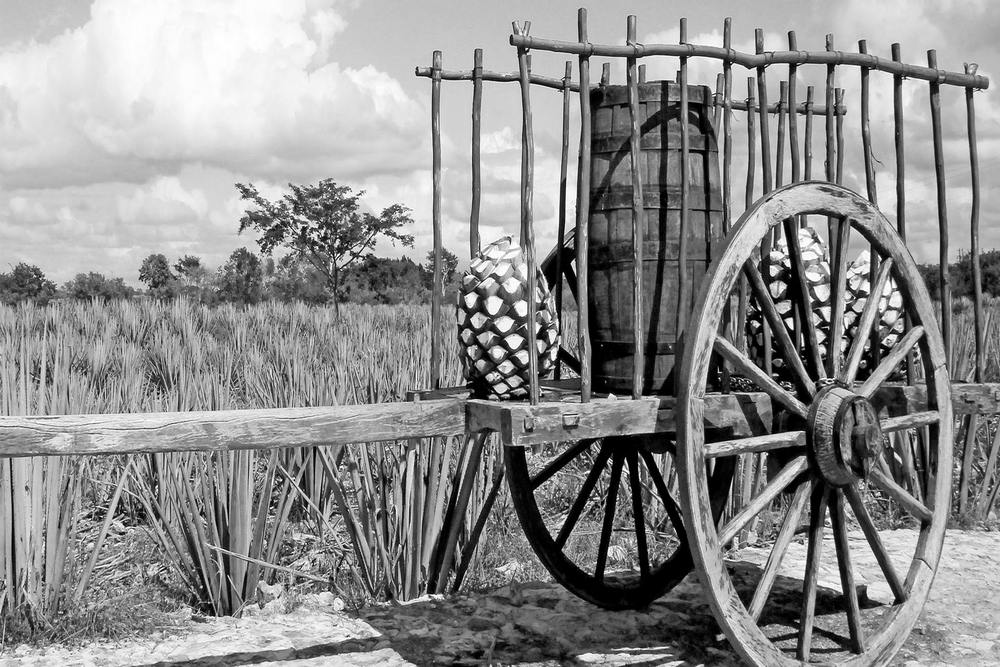The History and Cultural Significance of Agave in Different Regions
The History and Cultural Significance of Agave in Different Regions
Author
fotex
Share
Author
fotex
Share

Agave in Ancient Mesoamerican Traditions
When you think about agave, you’re connecting with a plant that has been deeply tied to human life for thousands of years. In Mesoamerica, agave was more than just a crop—it was a resource that shaped daily living, spiritual practices, and cultural traditions. Indigenous peoples relied on it for food, fiber, and fermented beverages that held ceremonial importance. Agave leaves were used for weaving mats, clothing, and ropes, while the plant’s heart provided nourishment in times of scarcity. Pulque, the fermented sap of the agave plant, became central to ritual life and celebrations, symbolizing fertility, abundance, and a connection to the divine. By learning about these traditions, you see how agave has always been more than a plant—it has been a bridge between people, the land, and their beliefs.
Spanish Influence and the Birth of Agave Spirits
As history progressed, the arrival of the Spanish in the Americas introduced new techniques that further transformed the use of agave. Distillation, introduced by the Spanish, gave rise to mezcal and eventually tequila, two beverages that remain globally recognized today. For you, this means that when you sip tequila or mezcal, you’re tasting a history that stretches back centuries, blending indigenous practices with colonial influences. Beyond drinks, agave continued to serve as a source of practical value, with its fibers used in trade and daily living. The introduction of distillation didn’t just change the way agave was consumed—it changed economies, social gatherings, and even regional identities. This shift laid the groundwork for agave’s enduring role as both a cultural and economic powerhouse in Mexico and beyond.
Agave Across Different Regions and Communities
As agave spread across different regions, it adapted to the unique climates and cultural needs of each area. In Mexico, the agave has become a symbol of heritage, with regions like Oaxaca preserving artisanal mezcal-making traditions that continue to this day. In the southwestern United States, agave was cultivated and utilized by Indigenous groups, such as the Apache and Navajo, who valued it for both food and fiber. Moving south, in Central and South America, agave varieties were used for weaving, medicine, and sustenance. Each community saw agave through its own lens, shaping its role in local identity and survival. For you, understanding this diversity highlights how a single plant can adapt and remain significant across countless regions and cultures, always providing what people needed most at the time.
The Symbolism of Agave in Modern Times
Agave continues to hold symbolic weight, even in modern culture. Today, it represents resilience, sustainability, and a link to tradition. You see it featured in art, literature, and festivals as a reminder of strength and endurance. In Mexico, the agave landscape has been designated as a UNESCO World Heritage site, underscoring the plant’s historical significance and its profound cultural impact. For many, planting agave or consuming agave-based products is more than a choice—it’s an acknowledgment of heritage and connection to the past. By incorporating agave into your lifestyle, whether through food, beverages, or even garden design, you’re part of a story that has been unfolding for centuries and continues to evolve today.
Embracing Agave as Part of Your Story
When you bring agave into your life, you’re doing more than using a versatile plant—you’re embracing its history and honoring its cultural importance. From ancient rituals to modern sustainability, agave has shaped communities and left its mark on traditions around the world. Its resilience and adaptability make it a symbol of balance between nature and human creativity. At The Agave Farm, you have the opportunity to connect with this legacy in your own way. Whether you are planting agaves to design a sustainable landscape, learning about their role in cultural history, or simply enjoying the many products derived from them, you become part of an enduring story. Contact us today, and let’s create something meaningful together—one agave at a time.

